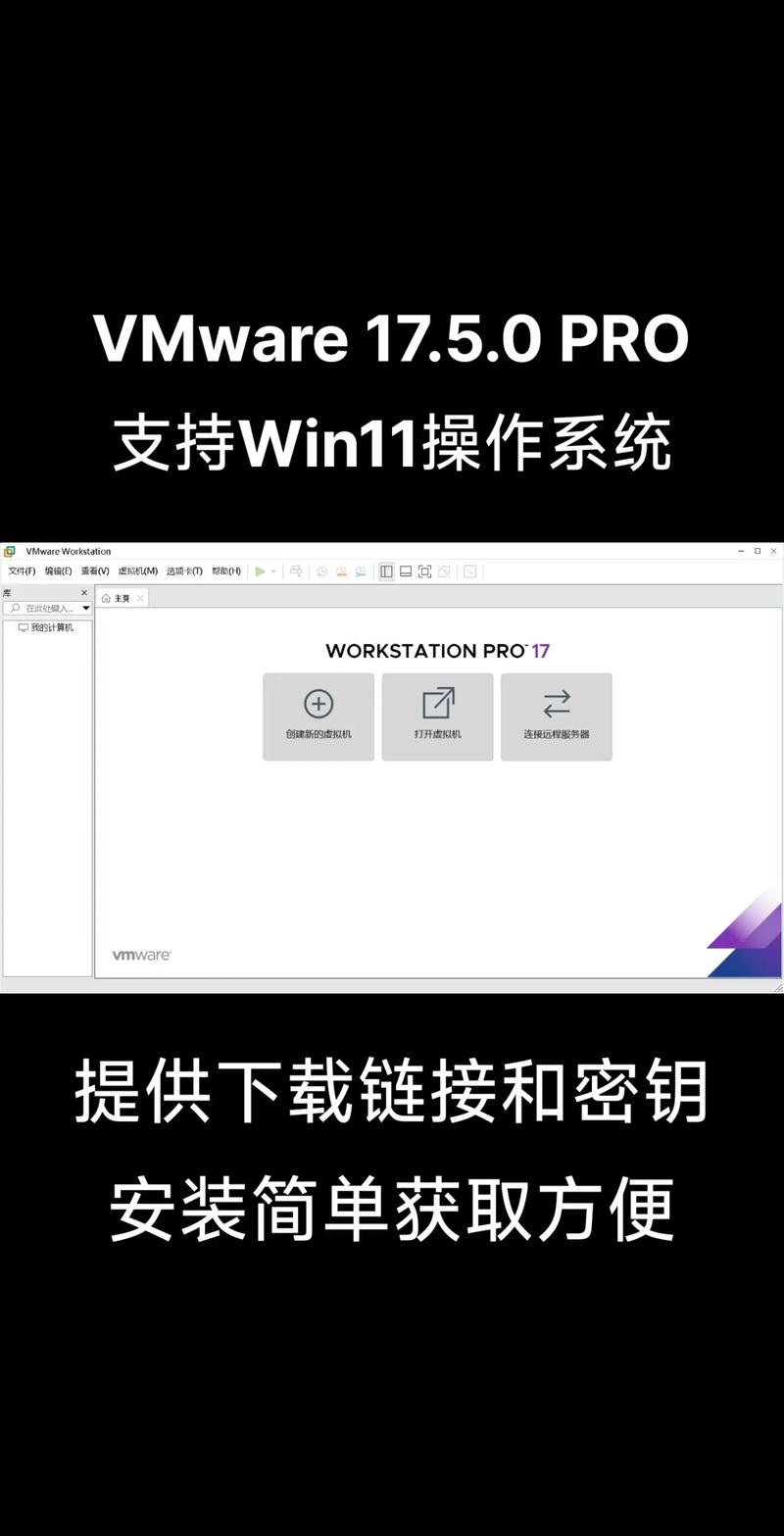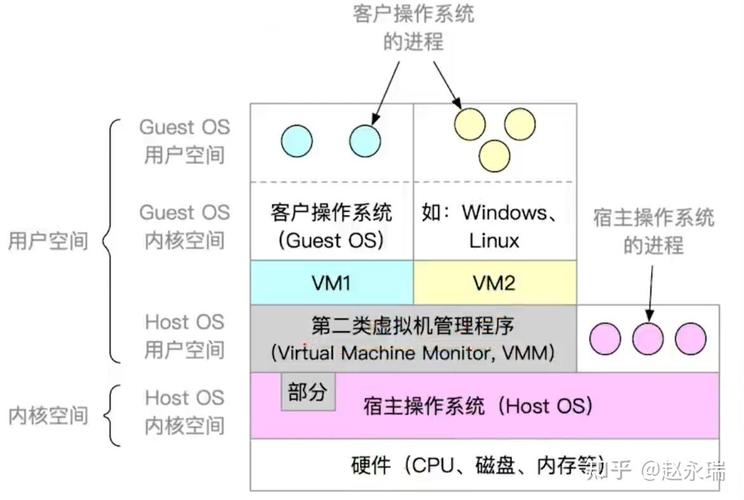Disadvantages of Virtual Hosting
虚拟主机存在诸多劣势。性能受限,共享资源可能导致响应速度减慢和服务不稳定。安全性较低,容易受到其他用户活动的影响,存在潜在的安全风险。缺乏灵活性,无法定制特定的服务器配置和操作系统。虚拟主机的可扩展性也较差,无法满足业务快速增长的需求。在选择主机服务时,应考虑这些因素并权衡虚拟主机与其他选项的优劣。
In the realm of web hosting, virtual hosting has become a popular option for many businesses and individuals looking to establish a presence on the internet. While it offers several advantages like cost-effectiveness and scalability, there are also several drawbacks that should be considered before opting for virtual hosting.
1、Limited Resources: One of the most significant disadvantages of virtual hosting is the limited resources it provides. Since multiple websites share the same server, each website has a limited amount of server resources, such as CPU power, memory, and disk space. If a website experiences a surge in traffic or requires more resources to handle complex tasks, it may not have enough resources available on the shared server. This can result in performance issues and slow website speed, affecting user experience and search engine rankings.
2、Security Risks: Virtual hosting also poses security risks due to the shared environment. Since multiple websites are hosted on the same server, if one website is compromised, it could potentially affect other websites on the same server. This can lead to data breaches, malware infections, or other security issues that can be costly and time-consuming to resolve.
3、Lack of Control: Another drawback of virtual hosting is the limited control it provides. With shared hosting, you typically don't have full access to the server, which means you cannot install custom software or make server-level changes. This can be a problem if your website requires specific software or configurations that cannot be achieved on a shared server.
4、Scalability Issues: While virtual hosting offers scalability in terms of adding more resources as your website grows, it can become challenging to scale effectively. Since you are sharing resources with other websites, there may be limitations on how much you can scale without moving to a more expensive hosting plan or upgrading to a dedicated server. This can be a problem for businesses that expect rapid growth or have high traffic volumes.
5、Limited Customization: Virtual hosting also limits customization options. Since you are sharing a server with multiple websites, you may not have the ability to customize your server environment or make changes to server configurations. This can affect your website's performance and ability to meet specific needs, as you may not have access to the latest technologies or features available on dedicated servers.
6、Poor Support: Some virtual hosting providers may offer limited support options, which can be a problem if you encounter technical issues or need assistance with your website. While many providers offer 24/7 support, some may have limited response times or provide only basic support options. This can be frustrating when you need help resolving urgent issues or troubleshooting problems with your website.
In conclusion, while virtual hosting offers cost-effective and scalable solutions for many businesses and individuals, there are several drawbacks that should be considered before making a decision. Limited resources, security risks, lack of control, scalability issues, limited customization, and poor support are all potential drawbacks that can affect your website's performance and user experience. It is essential to research and compare different hosting options to find the best solution for your specific needs and budget.









